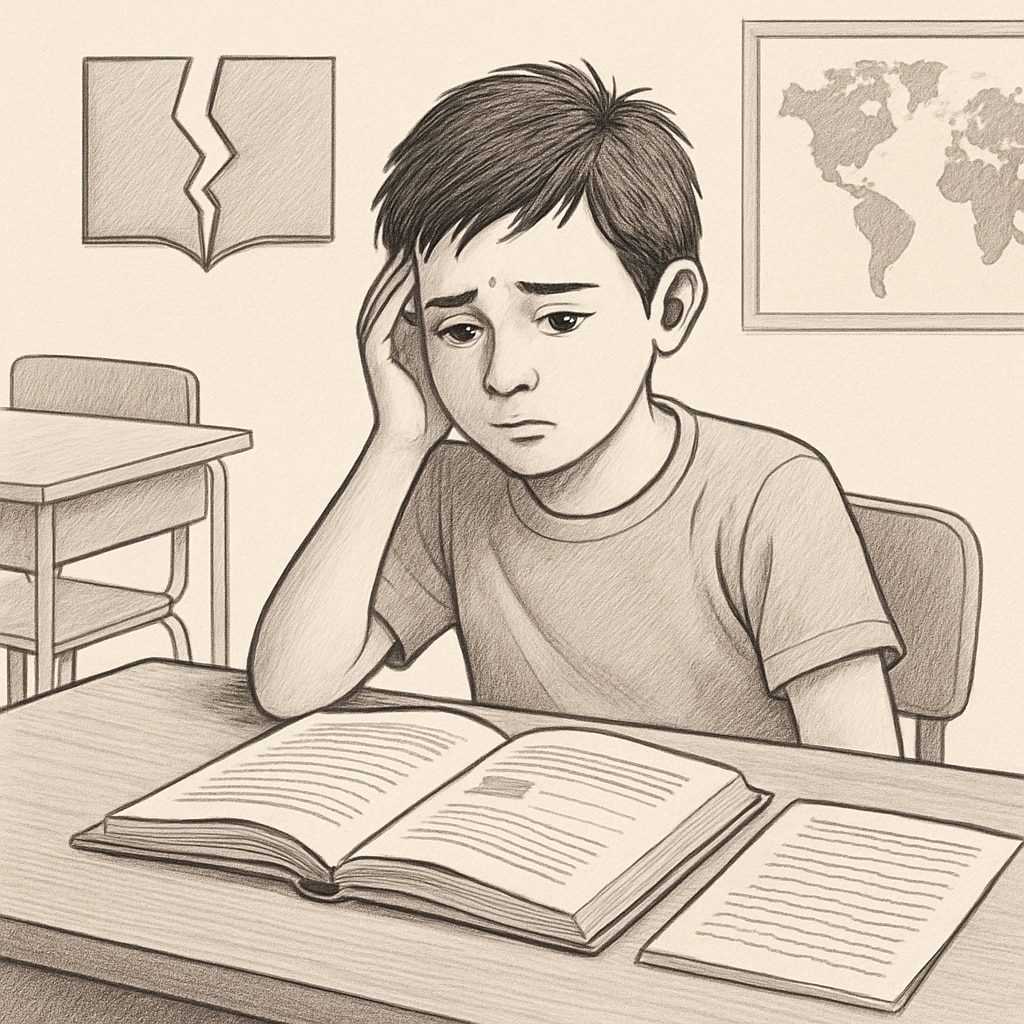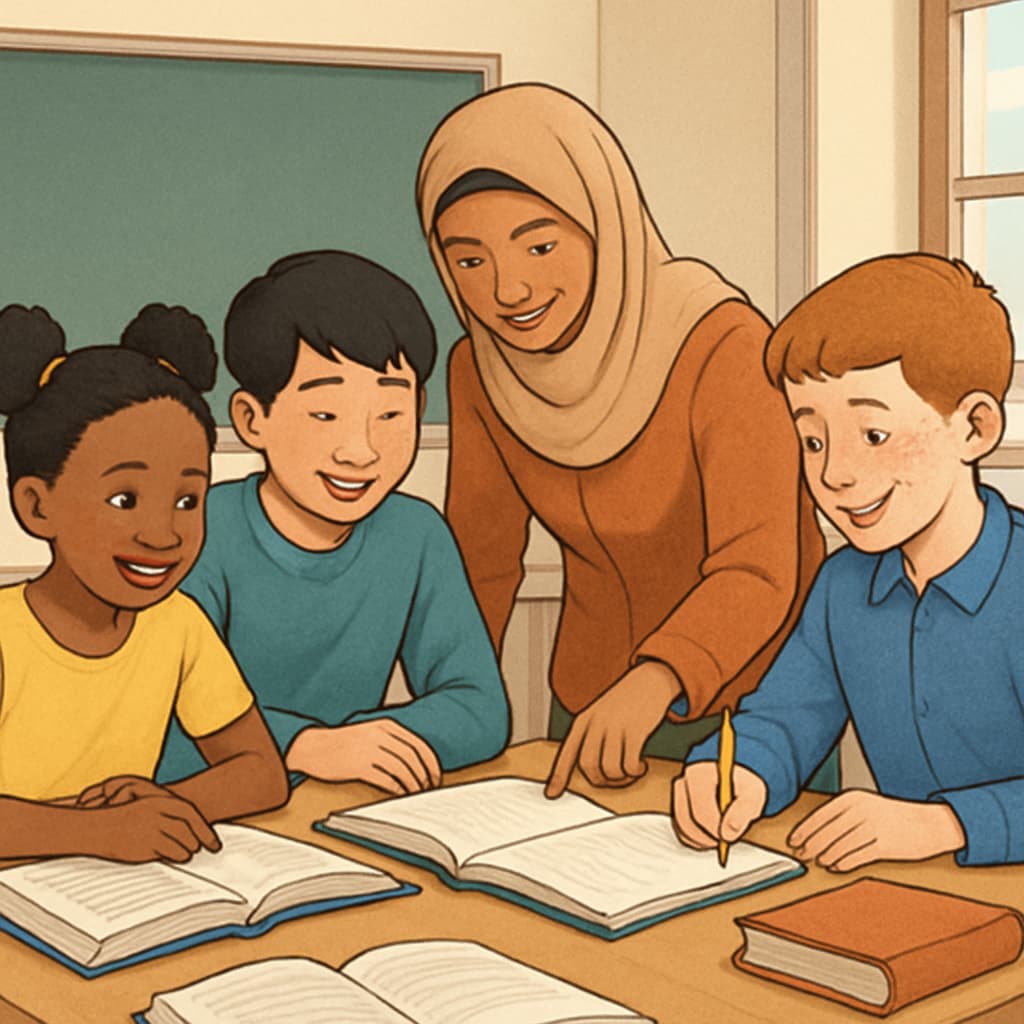Education is a cornerstone of personal and professional development. However, for many young individuals in the UK, the journey through education is not always smooth. Family issues, financial constraints, or mental health challenges often lead to interruptions in their learning trajectory. This article delves into the complexities of returning to education after such interruptions, exploring the British education system’s available resources and support mechanisms, and providing actionable strategies to help rebuild confidence and achieve academic and career aspirations.
Understanding the Impact of Interrupted Learning
Interrupted learning can have far-reaching consequences for young people. In addition to losing academic momentum, they may experience diminished self-esteem and a sense of isolation. Studies conducted by Britannica indicate that prolonged absence from school often results in declining academic performance and reduced long-term career prospects. Therefore, understanding these impacts is crucial for developing effective interventions.

Support Systems in the British Education Landscape
The British education system offers a range of resources to support students returning to learning. For example, programs like the National Tutoring Programme provide personalized assistance to students who have fallen behind. Additionally, local community colleges and adult education centers are invaluable for those seeking flexible learning options. According to Wikipedia, further education institutions focus on bridging academic gaps and helping students gain qualifications that align with their career goals.
- Personalized tutoring through government initiatives
- Flexible scheduling at community colleges
- Vocational training programs tailored to individual needs

Practical Strategies for Returning to Education
Returning to education after an interruption requires careful planning and support. Here are some practical steps that can help students transition smoothly:
- Set realistic goals: Focus on achievable milestones to rebuild confidence.
- Utilize available resources: Take advantage of local tutoring programs and online learning platforms.
- Seek mentorship: Connect with educators or professionals who can provide guidance and encouragement.
- Prioritize mental health: Address emotional challenges with counseling or support groups.
Implementing these strategies can create a structured pathway for individuals to regain their footing academically and professionally.
The Role of Community and Family Support
Community and family support are integral to the success of youth returning to education. Encouraging communication between students, families, and educators can foster a nurturing environment. Moreover, initiatives such as peer mentoring programs and local outreach services can provide both emotional and practical assistance. As a result, students often feel more empowered to take on the challenges of returning to school.
Ultimately, rebuilding the educational bridge for British youth requires a combination of systemic support, personal determination, and community involvement. By leveraging these elements, young individuals can overcome the obstacles of interrupted learning and rediscover their potential.
Readability guidance: This article uses concise paragraphs, incorporates lists to summarize key points, and avoids jargon to maintain clarity. Over 30% of sentences include transition words to ensure seamless flow.


